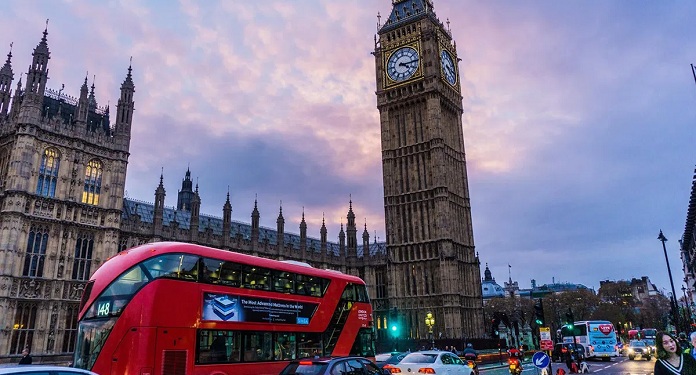The UK Government has launched a broad and comprehensive review of gaming laws to ensure they are suitable for the digital age, as committed.
The online restrictions, marketing and powers of the Gambling Commission will be analyzed to assess in detail how the game has changed in the past 15 years. Relevant points will be reviewed, such as betting and spending limits, promotional and advertising offers and whether extra protections for young people are needed.
The findings will be used to make changes to the Gambling Act 2005 to ensure that customer protection is at the heart of regulations, while giving gamblers the freedom to do so.
The project will also address actions that customers can take when they feel that operators have violated social responsibility requirements, how to intervene to protect customers who show clear signs of problem gambling and how to ensure that children and young people are kept safe from gambling.
The government recognizes the need to balance the pleasure people get from gambling with the right rules and protections. It has also been announced that the minimum age to play in the National Lottery will be increased from 16 to 18 from October 2021.
Government sees need to update rules
Secretary of State for Digital, Culture and Media, Oliver Dowden, said: “This comprehensive analysis will ensure that we are addressing the problem of gambling in all its forms to protect children and vulnerable people. It will also help anyone who likes to place a bet to do so safely.
He added: “This is based on our history of introducing strict measures to protect people from gambling risk – banning the use of credit cards, launching stricter age checks and cutting the maximum bet on fixed odds terminals.”
The Minister of Sport, Tourism and Heritage, Nigel Huddleston, also said: “We are committed to protecting young people from gambling-related damage, which is why we are raising the minimum age for the lottery. The game patterns have changed since its inception, with a real transformation for online games ”.
Recalls that the UK Government has recently taken a number of measures to protect consumers from gambling-related risks. This includes cutting the maximum bet on fixed odds betting terminals, increasing the age and identity checks for online games and banning games using credit cards.
The review of the Gambling Act 2005 will also consider the powers and resources of the Gambling Commission to ensure that the entity can keep pace with the development of the licensed sector and combat the illegal market.
In October, the Gambling Commission introduced new rules on VIP schemes and asked for evidence on how to ensure that operators identify and intervene when people are at risk, including through accessibility checks. The Commission will also establish new rules on safer game design for online slots.
New rules for the UK National Lottery
In parallel with the launch of the review, the government announced its decision to raise the minimum age to play the National Lottery from 16 to 18, to protect young people from gambling-related dangers.
Since its inception in 1994, the National Lottery game portfolio has changed significantly and there has been a growing trend towards online gaming and instant win games such as scratch cards. After consultation, starting in October 2021, it will be illegal to sell all products to minors under the age of 18.
The Government is working with the Gambling Commission and Camelot to apply the National Lottery’s new age limit as soon as possible and to ensure that it is in effect until October. According to the plans, online sales to 16- and 17-year-olds will be discontinued in April 2021.





















































